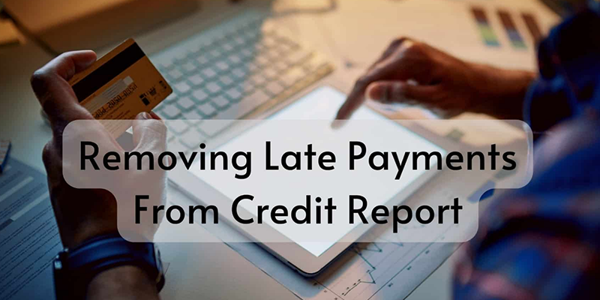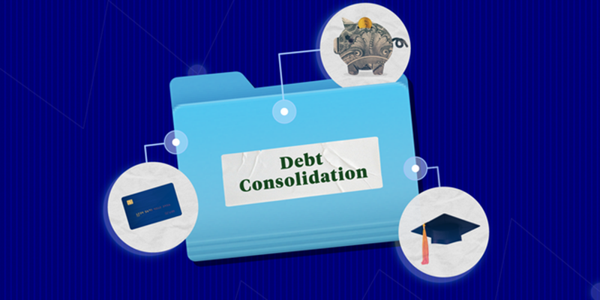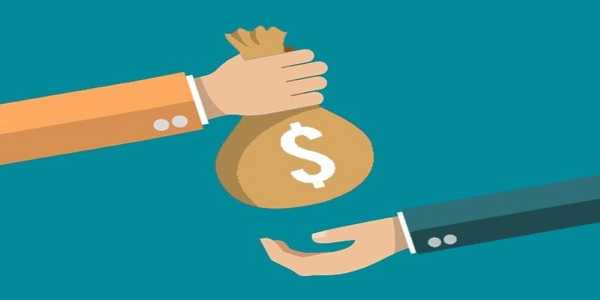The Truth About Debt Consolidation (Pros And Cons)
Debt consolidation involves combining multiple debts into a single, more manageable debt. It is often done with a loan or a credit card balance transfer. The goal is to make it easier to pay what is owed by consolidating many monthly payments into a single payment. This method is used by individuals who have debt from credit cards, personal loans, or other sources and want to regain control over their finances. But there’s more to debt consolidation than just merging payments. It has both upsides and downsides. Some people benefit from it, while others may find themselves in deeper trouble.
Pros Of Debt Consolidation
Easier To Keep Track Of Payments
When someone has multiple debts, keeping track of them can be a stressful task. Late fees can pile up. With debt consolidation, there is only one payment each month. This makes things simpler and less likely to cause missed payments.

Lower Monthly Payment
Sometimes, the new loan used to consolidate debt has a lower interest rate than the old debts. This can mean paying less money each month. A lower monthly payment can make it easier to manage daily expenses, especially when the cost of living is rising fast.
Better Credit Score Over Time
If payments are made on time after debt is consolidated, credit scores can improve. A better credit score can help someone qualify for more favourable interest rates on future loans. It also demonstrates to lenders that a person can manage their finances effectively.
However, this only occurs if payments are made without delay. If the person starts missing payments again, the credit score may drop even more.
Cons Of Debt Consolidation
Not A Solution For Spending Problems
Debt consolidation is only effective if the person also changes their spending habits. If someone continues to use credit cards and takes on new debt while still paying off old ones, they may end up in a worse financial shape.
Getting a fresh start does not mean going back to old ways. People who do not have a plan for their money may find themselves deep in debt again soon after consolidating.
Risk Of Higher Total Cost
Even if the monthly payment is lower, the total amount paid over time may be more. This happens because many debt consolidation loans come with longer repayment periods. While this gives more time to pay, it can also mean more interest is paid in the long run.
Some loans also have fees. These can include setup fees, early payment penalties, or transfer fees. According to Driva, borrowers should carefully read the terms to understand the actual cost of the loan.
May Hurt Credit In The Beginning
When a person applies for a new loan to consolidate debt, the lender typically checks their credit report. This is known as a hard inquiry, and it may initially cause a slight decrease in your credit score. Additionally, if the person closes old credit accounts after consolidating, their credit history may become shorter, which could also negatively impact their score.

Types Of Debt Consolidation
Personal Loan
This is one of the most common methods for consolidating debt. A borrower takes out a loan and uses it to pay off all other debts. Then, they focus on repaying the single loan. The interest rate depends on the borrower's credit score and the loan terms.
Balance Transfer Credit Card
Some credit cards offer a low or 0% interest rate for a short time. This is called a promotional rate. People use it to transfer debt from high-interest cards. However, after the promotional period ends, the rate can increase significantly. If the debt is not paid off before that, it can become costly.
A review by Bankrate suggests that balance transfer cards may be a good option for individuals with good credit who can pay off the debt quickly.
Home Equity Loan
This occurs when someone uses the value of their home to secure a loan. It can come with a lower interest rate. However, the house serves as collateral for the loan. If the person does not pay, the home could be lost.
Using a house to cover credit card or personal debt is a risky move. It should only be considered with professional advice and careful planning.
When Debt Consolidation Makes Sense
Debt consolidation may be helpful when:
The person has good credit and can qualify for a low-interest rate.
The total debt is not too high compared to their income.
A strong plan is in place to avoid future debt.
The person feels overwhelmed by multiple payments and wants a more straightforward way to manage their finances.
When It Can Be a Mistake
It may not be the right choice when:
The person cannot stop spending more than they earn.
The new loan comes with higher interest rates or longer terms, which increase the cost.
The fees and penalties outweigh the benefits.
There is no plan to avoid new debt after consolidation.
Debt consolidation does not erase the debt. It just moves it around. Without changes in behaviour, it can lead to a bigger problem down the road.

Other Options To Consider
Besides debt consolidation, there are other ways to deal with debt:
Debt management plans: Offered by nonprofit agencies. These can help people pay off debt with lower interest rates and more manageable monthly payments.
Debt settlement: This occurs when a person offers to pay less than the amount they owe. However, it can negatively impact credit scores and may lead to tax issues.
Bankruptcy: This is a legal process that allows for the discharge of certain debts, but it has profound long-term effects on credit and should only be used as a last resort.
Each choice has pros and cons. It's helpful to consult with a trusted credit counsellor or financial expert before making a decision.
Building a Better Financial Future
Debt consolidation is a tool, not a fix. It works best when it is part of a larger plan to manage money wisely. That means budgeting, spending less than earned, and saving for the future. A person who takes these steps can break free from debt and avoid falling into the same trap again.
Paying off debt takes time, effort, and discipline. But it is possible. With the proper knowledge and habits, anyone can take control of their money and improve their financial life.







